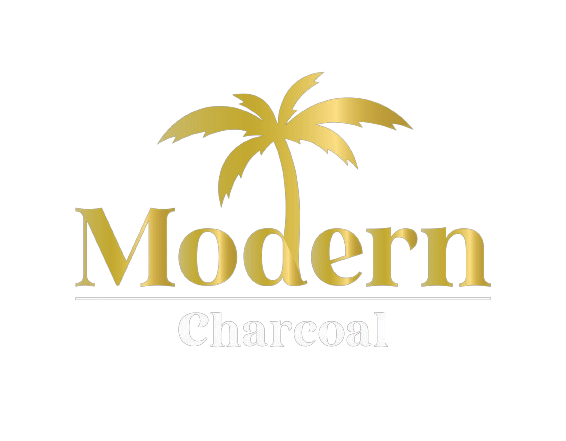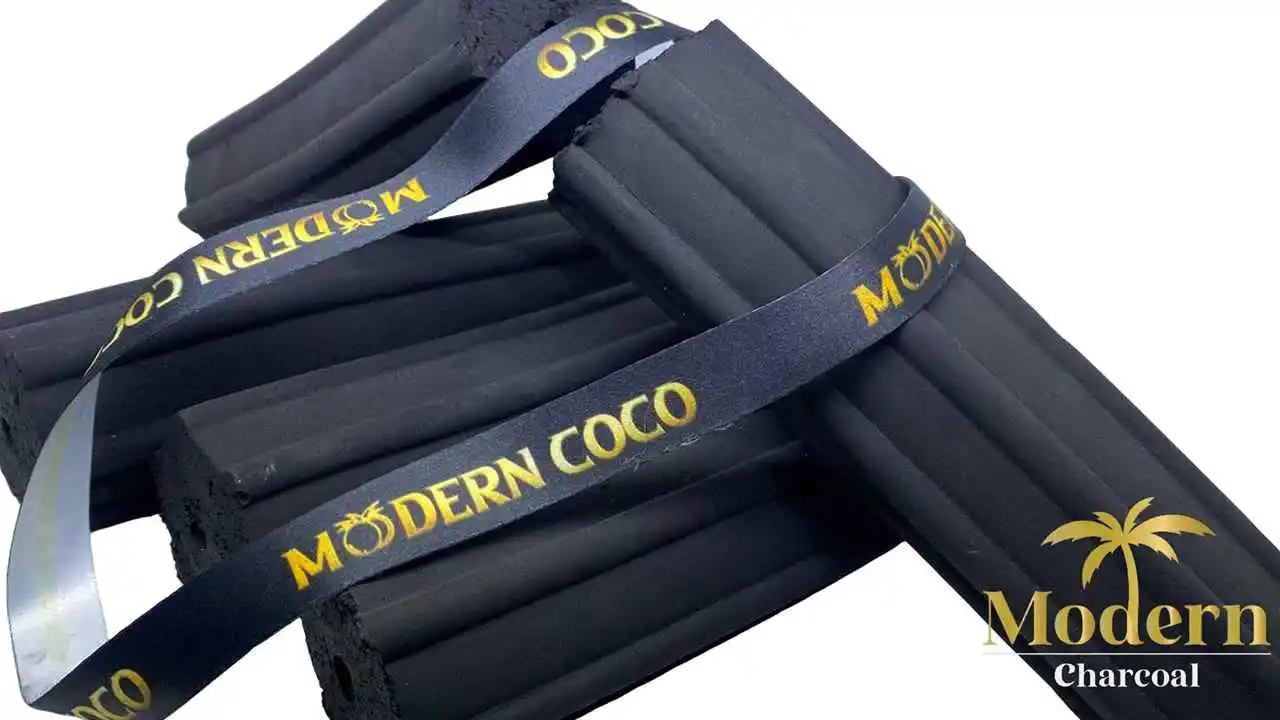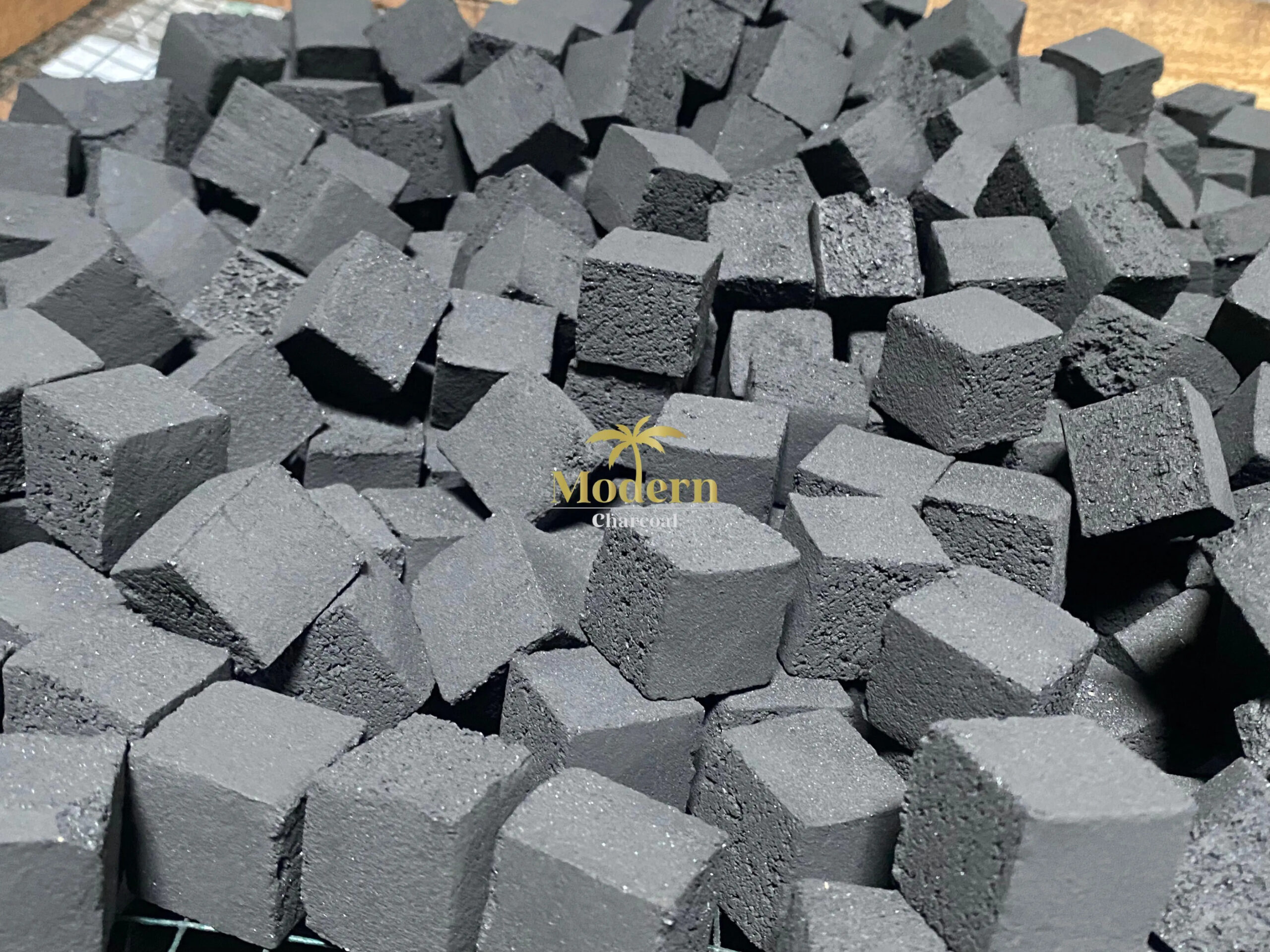Coconut shell charcoal is made by burning coconut shells in a controlled environment with limited oxygen supply. This process, known as pyrolysis, transforms the shells into a dense, high-carbon content charcoal. Unlike traditional wood charcoal, coconut charcoal burns cleaner, hotter, and longer, making it a superior choice for various applications. In the quest for sustainable and eco-friendly solutions across various industries, one remarkable material stands out due to its versatility, effectiveness, and environmental benefits: coconut shell charcoal. Derived from the hard shell of coconuts, this type of charcoal is not only a byproduct of coconut production but also a prime example of utilizing waste materials in innovative and beneficial ways.
The Making of Coconut Shell Charcoal
The process of creating coconut shell charcoal involves the carbonization of coconut shells at a high temperature in a controlled environment. This method ensures the production of a high-quality, pure, and very porous form of charcoal, distinguishing it from other wood charcoals. Its unique properties make it highly effective for various applications, from water purification to energy production.
Eco-Friendly Credentials
One of the most compelling advantages of coconut shell charcoal is its sustainability. The use of coconut shells, which are otherwise discarded as waste, contributes to waste reduction and promotes a circular economy. Moreover, coconut shell charcoal is a more environmentally friendly alternative to traditional wood charcoal, as it does not involve the cutting down of trees, thus preserving forests and biodiversity.
Diverse Applications
The versatility of coconut shell charcoal extends across multiple sectors. In the environmental sector, its excellent absorption properties make it an ideal material for water purification and air filtration, effectively removing impurities and contaminants. It’s also used in the creation of activated carbon, which is crucial for environmental cleanup efforts.
In the agricultural realm, coconut shell charcoal serves as an efficient and nutrient-rich soil amendment. Its ability to retain moisture and improve soil structure enhances plant growth, making it a valuable resource for sustainable agriculture practices.
Moreover, its high calorific value makes it a preferred choice for sustainable energy production. It burns cleaner and longer than wood charcoal, making it an efficient fuel source for cooking and heating in both residential and commercial settings.
Health and Beauty Industries
The health and beauty sectors have also discovered the benefits of coconut shell charcoal. Its detoxifying properties are harnessed in skincare products, helping to cleanse and rejuvenate the skin by drawing out impurities. Additionally, it’s used in oral health products, such as toothpaste and powders, for its natural whitening effect and ability to promote oral hygiene.
Challenges and Future Prospects
Despite its numerous benefits, the production and utilization of coconut shell charcoal face challenges, including the need for sustainable harvesting practices and efficient production techniques. Advancements in technology and increased awareness of its benefits are paving the way for broader adoption and innovation in its use.
Conclusion
Coconut shell charcoal is a testament to the ingenuity of sustainable practices, turning what was once considered waste into a valuable resource. Its wide range of applications, environmental benefits, and potential for future innovations make it a key player in the global shift towards sustainability. As industries continue to seek green alternatives, coconut shell charcoal stands as a versatile and eco-friendly solution, embodying the principles of sustainability and efficiency for a healthier planet.



